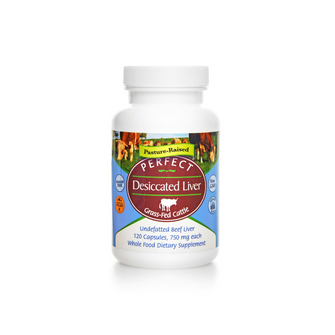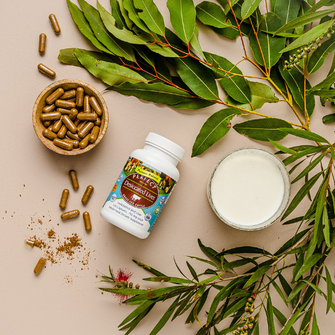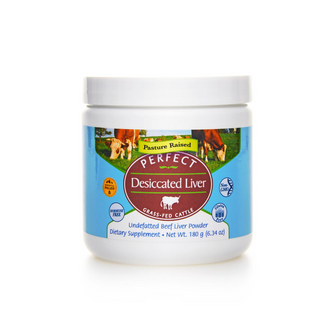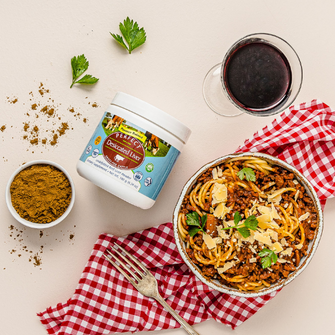Categories
Iron's role in Energy
With life demanding more and more from us, we need to make sure we have adequate energy!
Enough energy to perform daily tasks, exercise, study/focus on tasks and much more and when iron levels are low, this makes it very difficult and at times impossible to achieve these things.
Iron plays an important role in the creation of energy from nutrients so if one is low in iron, then it's common sense that they will most likely be low in energy also!
Today we are talking about iron and it's role in energy and what happens when we are low or even deficient...

Why is iron important?
The iron content in your blood is particularly important as it is used to produce hemoglobin. Hemoglobin is a protein that gives your blood its red colour, but it has a more important purpose: transporting oxygen in and out of the cells of your body. Iron also builds myoglobin which is a protein that your muscles use to store oxygen.
A normal adult requires about 7-18mg of iron per day, but the required changes with age, sex and health condition. Pregnant women have the highest requirements of iron, increasing up to 27g. However, we often overlook our diet in terms of micronutrients and this can lead to increased risk of developing deficiencies.
What happens in iron deficiencies?
Iron deficiency is one of the most common forms of nutrient deficiencies and can lead to anemia. Anemia occurs frequently in women during their reproductive years and can lead to more complications like weakness, dizziness, fatigue, paleness and bruising.
These symptoms can be severe and interrupt your daily life. The surprising part is that these deficiency symptoms are very easy to treat through dietary changes.
What are the sources of iron?
There are two forms of iron: heme and non-heme.
Non-heme iron is found in plant sources such as grains, vegetables and supplemented foods. These are great ways for vegetarian and vegan people to get their iron requirements from. However, non-heme iron is not very efficiently absorbed by the body.
Of the two, heme iron is the better form as it is readily absorbed by your body in amounts as high as 40%. Heme iron is sourced from animal products like beef, pork, chicken, veal and sea fish. However, red meats and organ meats are particularly good sources. Consuming liver is the best natural source of heme iron.
Why liver may be a good supplement for iron deficiency
All throughout history, liver has been regarded to be a highly nutritious food source and it has been scientifically proven to be so. People who suffer from any type of iron deficiency can greatly benefit from eating liver.
It contains high amounts of folate, iron and vitamin B which enable you to overcome the problem. Additionally, it can also help to treat symptoms like low energy, fatigue, menstrual irregularity and neurological problems.
How can you include liver in your diet?
Different sources of liver bring a varied nutrient composition to your table. You can buy fresh or frozen liver in your grocery store, at the butcher’s, supermarkets and even online. Nowadays, liver supplements are also available for those who are averse to the taste and texture of liver.
Liver can be made into pâté, minced and added to stews, curries and other easy recipes. For those of you who don’t like the taste of liver, a good trick is to let it soak in lemon before using it.
If you simply cannot eat liver in any of the ways mentioned above, you can try it in an oh-so-simple capsule form that is easy to get down the hatch with a glass of juice, water or your favourite smoothie.
And if you gag on capsules, you can also get it in a powder form that you can add to soups, curries, casseroles and smoothies.
Conclusion:
Iron deficiency is a common problem that can easily be treated with dietary changes. A great addition to the diet is liver, which can be consumed as food or in the form of supplements.
References:
https://draxe.com/is-liver-good-for-you/
https://www.healthline.com/nutrition/increase-iron-absorption#section2
https://www.verywellhealth.com/treatments-for-iron-deficiency-anemia-3522500
https://www.healthline.com/health/10-reasons-iron-supplements








